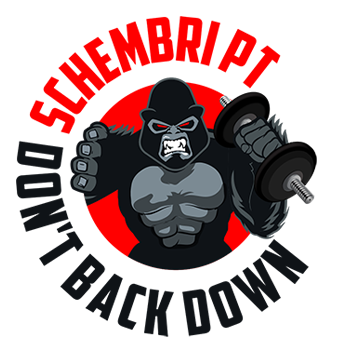Transitioning from the meticulous calorie counting of competition prep to a more relaxed post-competition diet can be a significant shift. Previously, the Reverse Diet, with its slow caloric increase, was the norm to minimise fat gain. Now, the Recovery Diet is in the limelight, aiming for a swift return to energy adequacy to boost training efficacy and curb the negative impacts linked to pre-competition dieting. Explore the Recovery Diet’s ethos and how it’s reshaping post-competition nutrition strategies for the better.
Understanding the Paradigm Shift:
The Reverse Diet aimed to gradually increase caloric intake post-competition, minimising potential fat gain due to a slowed metabolism from the restrictive pre-competition diet. However, this approach could extend the period of low energy availability, potentially impacting hormonal balance, metabolic rate, bone health, and training performance negatively.
Conversely, the Recovery Diet advocates for a quick return to optimal energy availability. This is key for restoring hormonal balance, replenishing glycogen stores, and aiding muscle repair and growth, thereby significantly boosting training performance. The quicker restoration of energy balance also helps ease the psychological stress often associated with the stringent dietary regimen of bodybuilding prep.
Implementing the Recovery Diet:
Immediate Caloric Increase:
- Post-competition, it’s advisable to substantially up your caloric intake, aiming for a swift return to maintenance calories or slightly above.
- The caloric surplus should primarily derive from carbohydrates and fats to efficiently replenish depleted energy stores.
Monitoring Body Composition and Adjusting Accordingly:
- Regular monitoring of body composition is vital to assess progress and make necessary dietary adjustments.
- Striking a balance that facilitates recovery while minimising excessive fat gain is essential.
Individualised Nutritional Strategies:
- Each individual’s recovery diet should be tailored based on their metabolic responses, training regimen, and personal goals.
- Consulting with a sports nutritionist can be invaluable in devising a well-structured, personalised recovery diet plan.
Incorporating a Balanced Macronutrient Distribution:
- Ensuring a balanced distribution of proteins, carbohydrates, and fats is essential for meeting nutritional needs and promoting muscle recovery and growth.
Continuous Education and Support:
- Stay informed about the latest research on bodybuilding recovery diets and seek professional guidance to optimise the recovery diet process.
- Engage in supportive communities or forums to share experiences and learn from others undergoing a similar transition.
The Recovery Diet is a more effective strategy for post-bodybuilding recovery, aiming for a rapid restoration of energy balance to boost training performance and overall well-being. Embrace this approach, with individualised guidance and continuous education, to significantly expedite the recovery process, laying a robust foundation for subsequent training cycles and long-term athletic development.
Ready to elevate your post-competition nutrition? Explore our programs to join the Team and kickstart your recovery journey with expert guidance.

